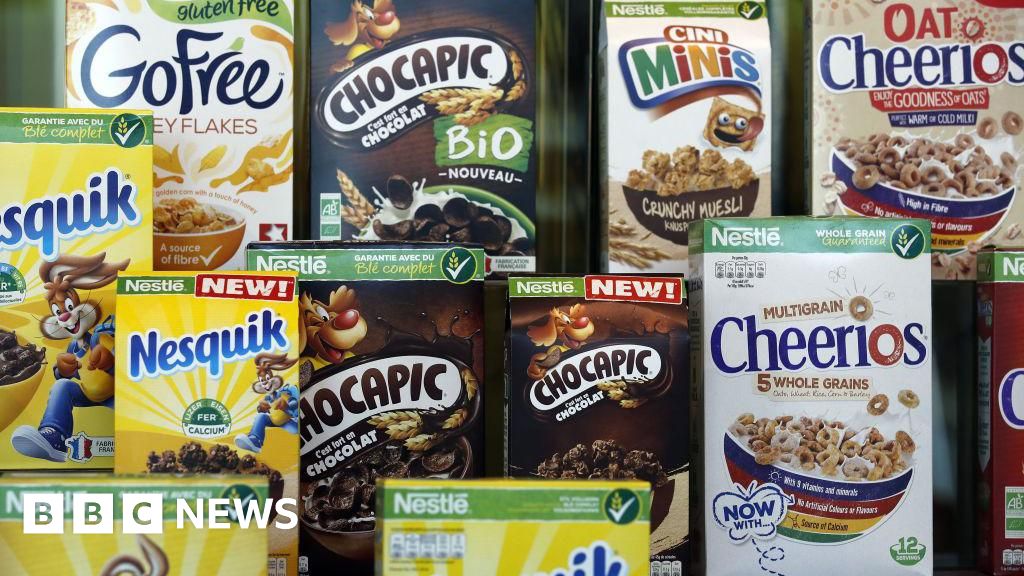
Nestle to axe 16,000 jobs as new boss pushes to cut costs
Food and beverage giant Nestle said it will cut 16,000 jobs over the next two years, as its new CEO Philipp Navratil pushes to focus on products with the “highest potential returns”.
The Swiss company must “change faster” to keep pace with a changing world and adopt a “performance mindset” that does not accept losing market share to rivals, said Mr Navratil.
He replaced former CEO Laurent Freixe who was fired in September over a romantic relationship with an employee.
The job cuts were announced on Thursday as Nestle reported better sales figures in the first nine months of 2025, selling more products across its major categories, including coffee and sweets.
The world’s largest packaged food and drink company, Nestle owns hundreds of brands, including Nescafe, KitKat and Maggi.
Nestle plans to get rid of 12,000 white collar jobs on top of 4,000 other roles across the board within the next two years, it said in a statement.
The lay-offs will save the food giant around 1bn SFr (£940m) annually as part of an ongoing cost-savings effort, it said.
Nestle’s share price was up 7.5% shortly after its trading update and job cuts were announced.
Mr Navratil said: “We are fostering a culture that embraces a performance mindset, that does not accept losing market share, and where winning is rewarded… The world is changing, and Nestle needs to change faster.
Such change would include “hard but necessary decisions to reduce headcount”, he said.
Equity analyst Diana Radu said the update signalled that Mr Navratil wants to “bring greater transparency to areas that were previously more opaque in Nestle’s cost-saving plans”.
The job cuts, she said, appear to be an effort to “reset expectations and rebuild investor confidence through measurable actions”.
Mr Navratil’s predecessor was sacked by Nestle in early September after an investigation into whistleblower allegations that he did not disclose a romantic relationship with a direct subordinate.
The company’s outgoing chair Paul Bulcke brought forward his departure date and left his post in the same month.
It was reported at the time that investors blamed Mr Bulcke for the company’s ongoing problems.
Last year, an investigation found Nestle baby food products sold in low- and middle-income countries contained unhealthily high levels of sugar.
The research, by a Swiss NGO and the International Baby Food Action Network, found that in many cases, the same products sold in wealthy countries had no added sugar.
First Appeared on
Source link






